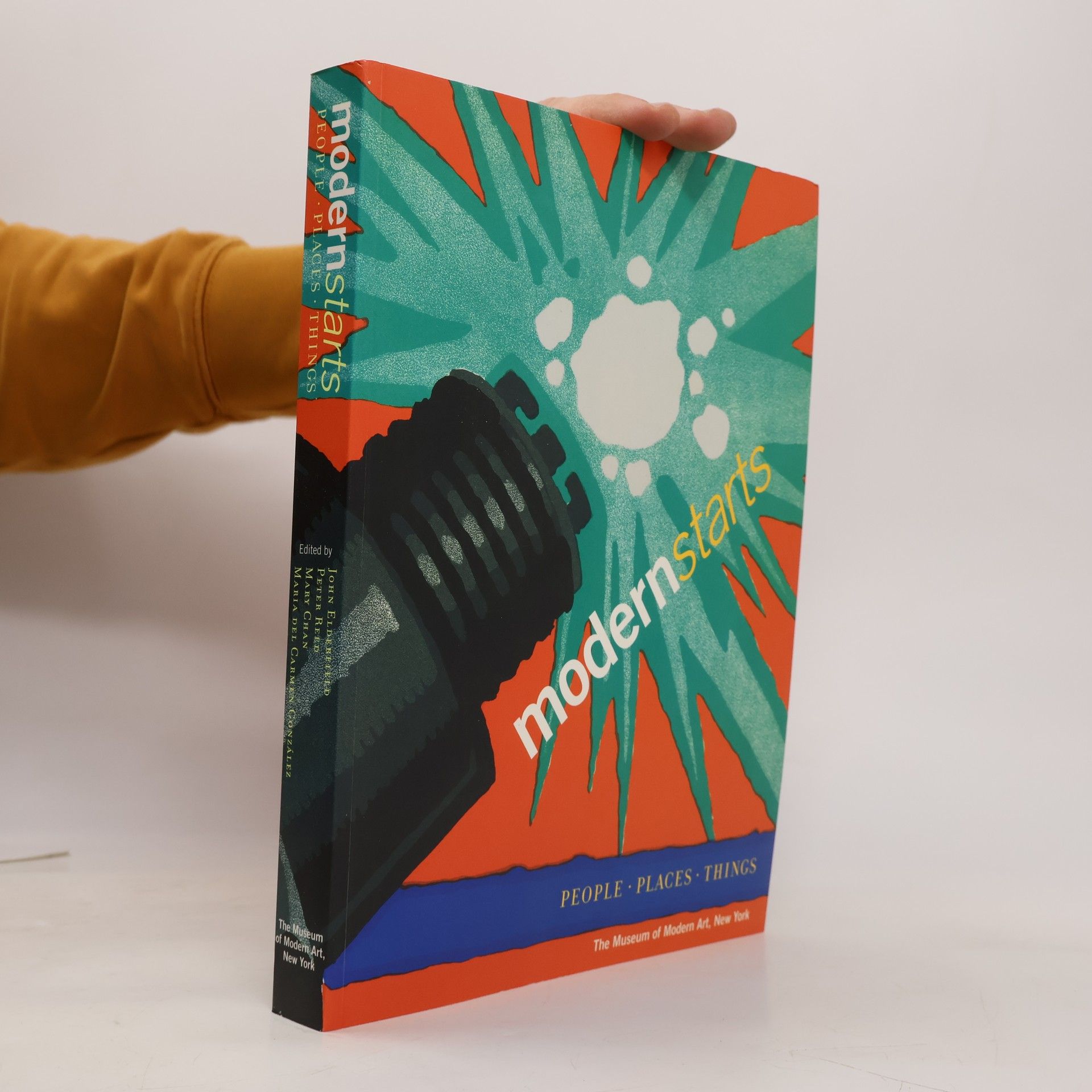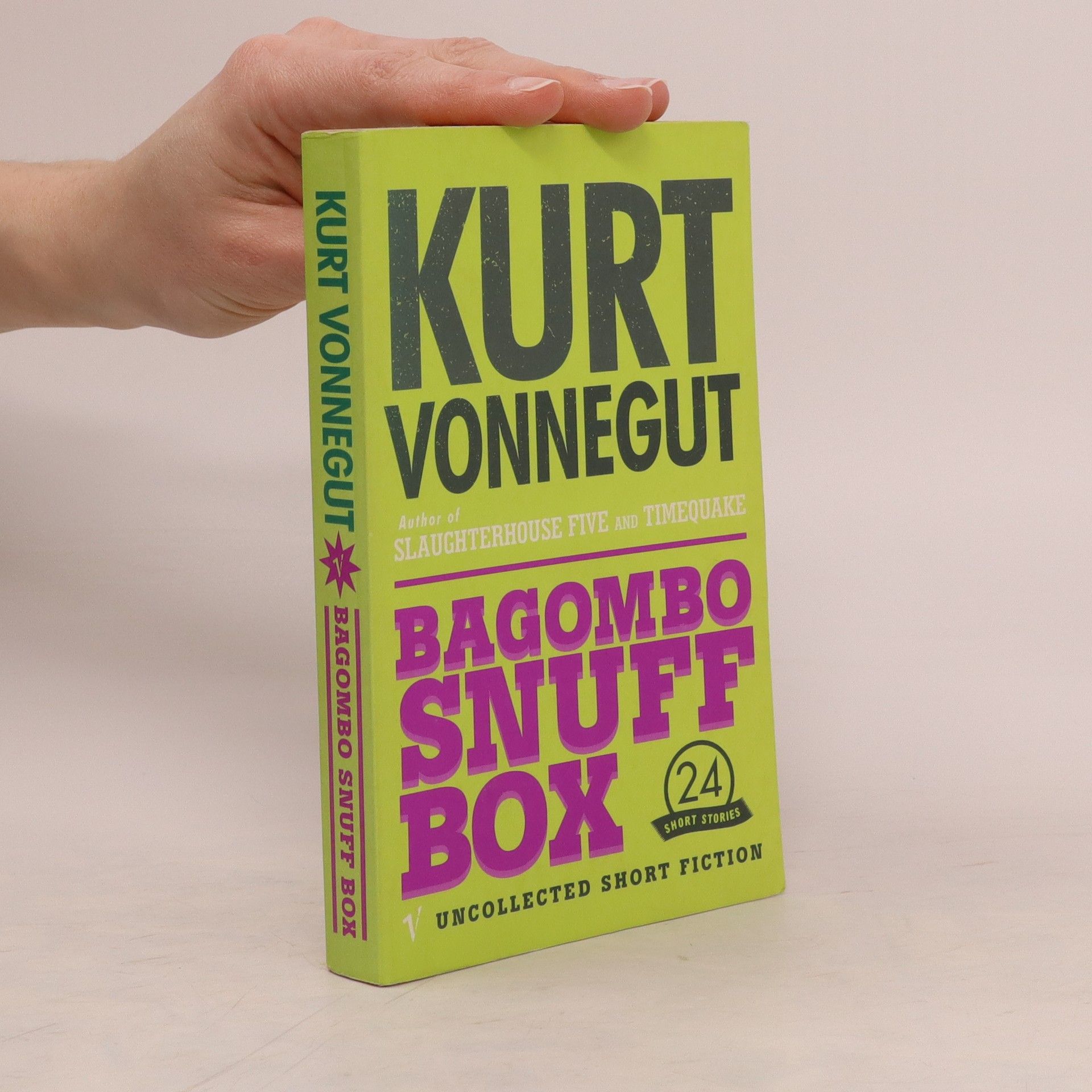Noveller, som tidligere kun har været offentliggjort i forskellige magasiner
Peter Reed Libri


A challenging exploration of the visual arts from 1880 through 1920, Modern Starts is an unconventional guide to the beginnings of modernism. Deliberately abandoning customary labels--such as Fauvism, Cubism, and Futurism--and accepted chronological ordering, Modern Starts offers many pathways, each independent and self-sufficient, intended to suggest fresh modes of looking at and thinking about works both very familiar and quite unfamiliar. Loosely organized into three thematic sections, the book begins with "People," treating the great period of early modern figurative art from Rodin and Matisse to Munch. "Places" features landscapes and cityscapes by such artists as Atget, Cazanne, de Chirico, and Lager. "Things" addresses the importance of object-like works, such as Duchamp's "Readymades" and Brancusi's sculptures; and representations of things from Picasso's still lifes to Lucian Bernhard's advertising posters. Provocative juxtapositions, new contexts, and inventive interplays of mediums provide a stimulating look at the beginnings of modernism. Published to coincide with MoMA2000, an 18-month series of exhibitions at The Museum of Modern Art, New York drawn from the Museum's incomparable collection. Modern Starts is the first in a series of three volumes focusing on distinct 1880-1920, 1920-60, and 1960-2000.